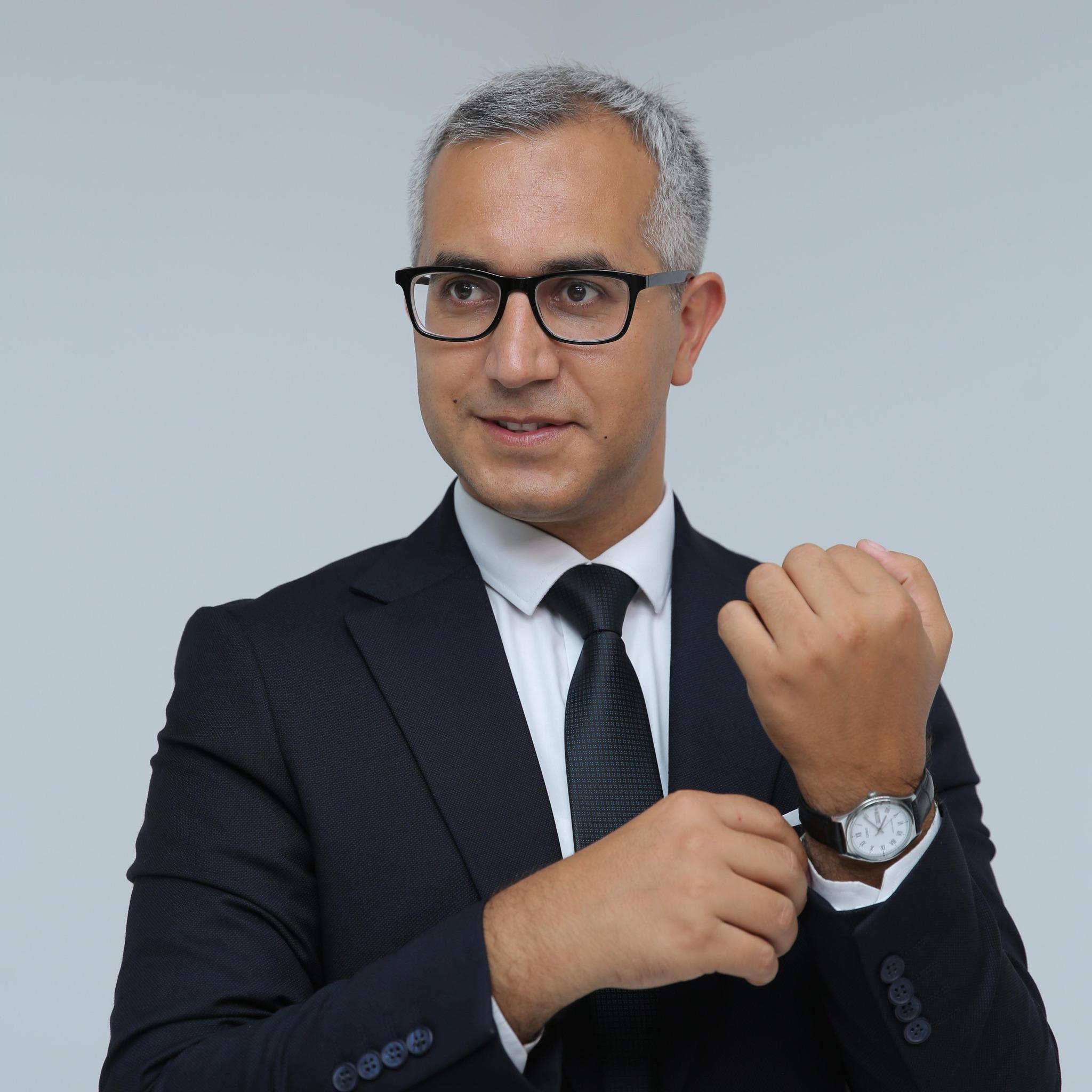
In Azerbaijan, the process of admission to higher education institutions is based on a centralized examination system. Students participate in state exams, the results of which determine their eligibility for various universities. This exam primarily aims to assess students' knowledge and skills and is held annually, attracting thousands of candidates. The results of the centralized exam are a key factor in determining the future academic and professional careers of applicants.
In an international context, admission systems vary significantly. For example, in the United States, the admission process is based on academic performance, standardized test scores (SAT, ACT), as well as personal essays and recommendations. American universities evaluate students' achievements across various fields and accept them based on a comprehensive analysis. This approach provides students with broader opportunities but also increases competition.
In Japan, the admission process also relies on exams; however, non-academic qualities such as social and communication skills are given more weight. Japanese universities consider not only academic results but also the personal qualities and development potential of applicants. This approach enhances the quality of higher education in Japan and positively impacts students' future careers.
In Finland, the admission process is less competitive. Students enter universities based on their school grades and entrance exam results. The Finnish system focuses on individual development and encourages students' creative abilities. This approach positively influences educational development and facilitates students' integration into society.
Comparing the admission system in Azerbaijan with international practices reveals that it is more centralized and based on standardized exams. This approach may aim to reduce inequality and provide broader access to higher education for various societal segments. However, certain shortcomings indicate that evaluating students solely based on knowledge does not take their individual qualities into account.
Additionally, in recent years, steps have been taken in Azerbaijan’s higher education system to implement international standards and modernize educational practices. Programs aimed at fostering independent learning, critical thinking, and analytical skills among students are being developed. This could create conditions for students to become more competitive in the global market.
In conclusion, the process of admission to higher education institutions in Azerbaijan is based on a centralized examination system, which has its unique characteristics compared to international practices. Different countries apply various methods to assess both academic and non-academic qualities of students. There is a need in Azerbaijan to continue developing this system, adapt to international standards, and evaluate students' individual qualities more effectively.